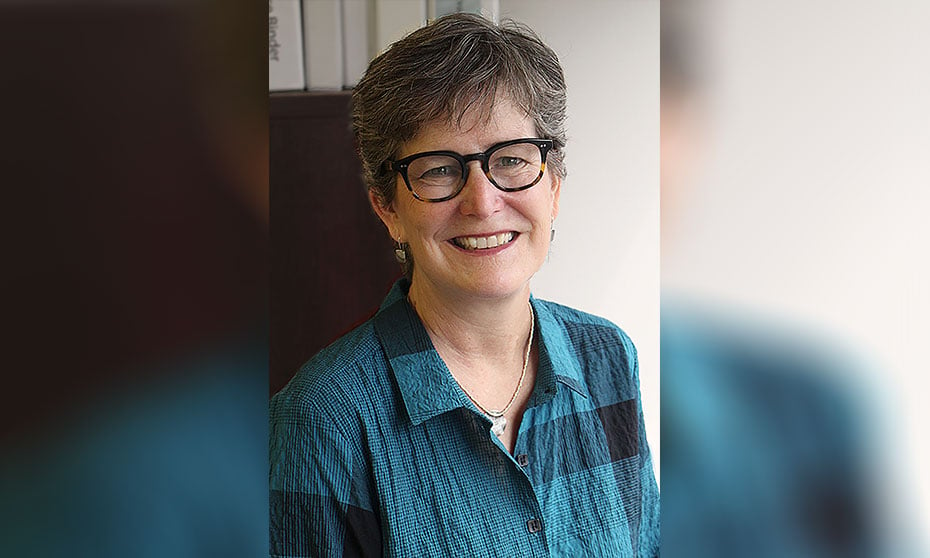
Three grants will fund research into measuring outcomes of interactive tools, as well as other technological tools individuals use in accessing the court system

Community Legal Education Ontario (CLEO) has received research grants from the Law Foundation of Ontario for three partnership-based research projects.
The grants, which total around $129,000, come from the LFO’s strategic granting program. They support efforts to develop online interactive tools that people with legal problems can use to take steps in the legal process, such as completing forms.
In a statement, CLEO said that the research will advance its work, as well as that of its partners and others who look at technology as a tool to advance access to justice.
“Technology is too often developed in a ‘lab’ that fails to take into account people’s needs and capabilities, leaving behind those who are most in need of effective support,” said Julie Mathews, executive director of CLEO. “These research projects allow us to assess, learn, and improve; to use technology to expand meaningful access to justice rather than reinforce barriers.”
The three projects that have received grants are: